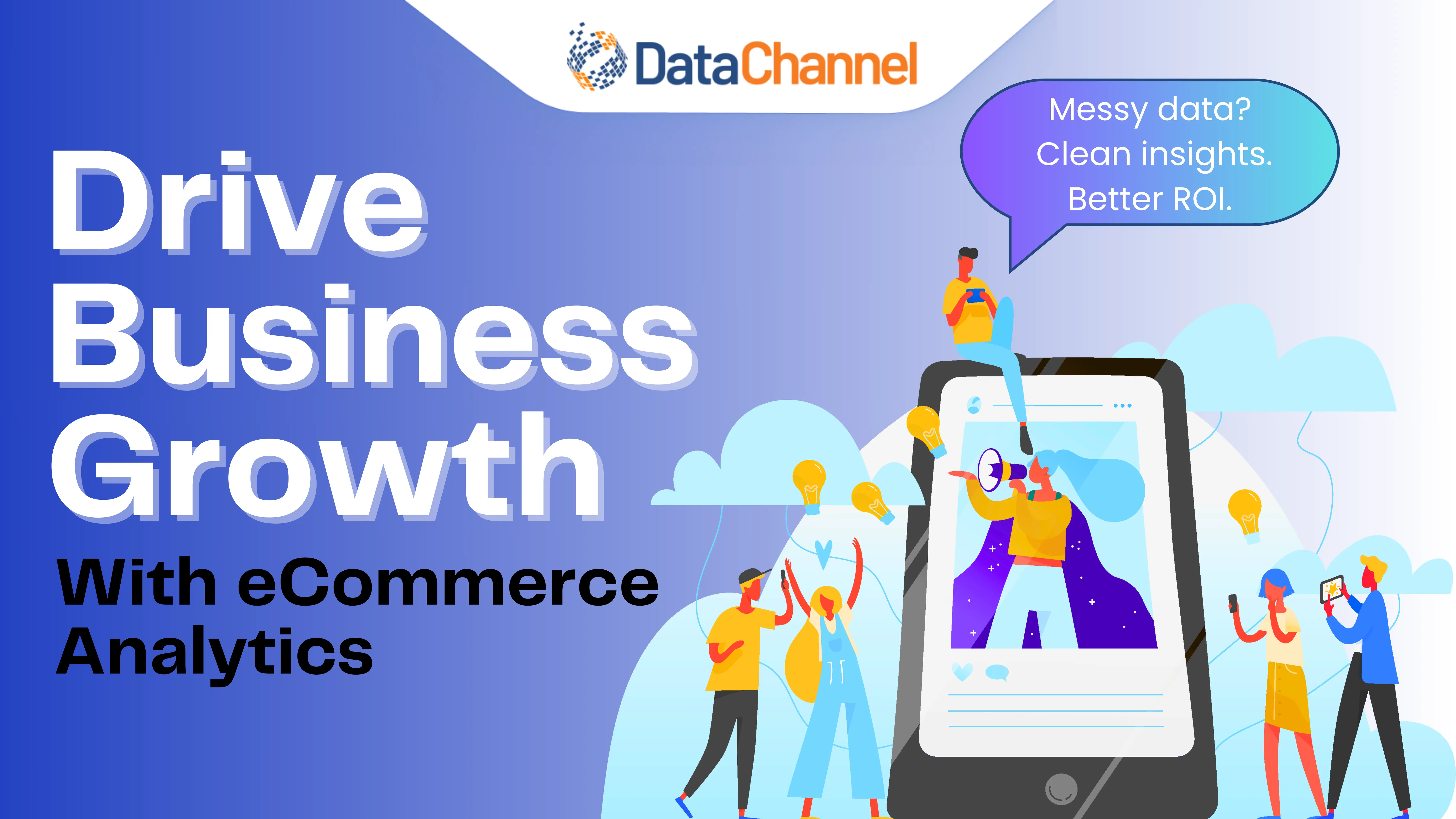
Data Analytics in Healthcare Industry

With the increasing digitization of health records and the growing adoption of health-related technologies, an enormous amount of health data is being generated and stored every day. Impact of data analytics on the healthcare industry can be a significant game changer in the times ahead. There are a variety of tools and systems used to collect, store, share and analyse health data gathered through various means. These tools include:
• Electronic Health Records (EHRs) / Personal Health Records (PHRs)
• Hospital Management Systems
• Electronic Prescription Services
• Health surveys including Government driven initiatives
• Hospital Billing & Insurance Claims portals
• Clinical & academic research data
• Imaging and diagnostic findings
• Health-Related Smart Phone Apps and wearable devices
With digital data collection, there is more and more health care data to be analysed every second. With the increase of electronic record keeping, applications and other electronic means of data collection and storage, there is a significant amount of data being collected in real time. However, a significant portion of this data remains unused or underutilized.
There are several reasons why this may be the case. One reason is that health data is often fragmented and dispersed across multiple systems and platforms, making it difficult to aggregate and analyse. Additionally, privacy concerns and regulatory restrictions can limit the sharing and use of health data, particularly when it comes to sensitive information such as mental health or genetic data.
Another issue is the lack of resources and expertise to effectively manage and analyse health data. Many healthcare organizations may not have the necessary infrastructure or personnel to fully leverage the potential insights from their data. Furthermore, there may be a lack of incentives for healthcare providers and researchers to invest in data analysis and use, particularly if it requires significant resources or expertise.
Changing Analytics Paradigm
However, there is growing recognition of the potential benefits of using health data to inform healthcare delivery, improve patient outcomes, and advance medical research. Efforts are underway to promote data sharing and collaboration, develop new tools and technologies to facilitate data analysis, and incentivize healthcare providers and researchers to use health data in meaningful ways.
Cloud based solutions adoption can be a helpful solution for utilizing the enormous amount of health data that is being gathered and stored. Moving health data to the cloud can provide a secure and scalable environment for storing and processing data, which can facilitate the analysis and utilization of this data.
Cloud computing can also provide healthcare organizations with greater flexibility and agility in managing their data. With cloud-based solutions, healthcare providers can access data from any location and on any device, which can improve collaboration and coordination across different teams and departments.
Data analytics can play a crucial role in utilizing the enormous amount of health data that is being gathered and stored. By leveraging advanced analytics tools and techniques, healthcare organizations can unlock insights and patterns in health data. There are three specific strands which can be explored for leveraging data analytics in the healthcare industry namely Clinical outcomes, Management & Fiscal optimisations & finally Public Health policies.

Clinical Outcomes
• Identify patterns and trends: Data analytics can help healthcare organizations to identify patterns and trends in health data that may not be immediately apparent. For example, analytics tools can be used to identify patients who are at high risk of developing certain conditions, or to identify patterns in medication usage that could indicate potential issues with drug interactions.
• Personalize treatment plans: Data analytics can help healthcare providers to develop personalized treatment plans for individual patients based on their health data. By analysing a patient's medical history, lab results, and other health data, healthcare providers can tailor treatments and interventions to meet the specific needs of each patient.
• Monitor patient outcomes: Analytics tools can be used to track patient outcomes over time and identify areas where improvements can be made. For example, analytics tools can be used to monitor readmission rates or identify patients who are not responding to a particular treatment, which can help healthcare providers to adjust their approach and improve outcomes.
• Advanced medical research: Data analytics can be used to analyse large-scale health data sets and identify insights that can help to advance medical research. For example, analytics tools can be used to identify genetic markers associated with certain conditions or to identify trends in population health that could inform public health interventions.
Management & Fiscal optimisations
• Resource utilization: Data analytics can be used to analyse how resources such as staff, equipment, and facilities are being utilized. For example, analytics tools can be used to identify peak times for patient visits and allocate staff accordingly, or to optimize scheduling of medical equipment to reduce downtime.
• Supply chain management: Data analytics can be used to improve supply chain management, such as predicting demand for medical supplies and optimizing inventory levels. This can help healthcare organizations to reduce waste, minimize stock-outs, and control costs.
• Fraud detection: Analytics tools can be used to detect fraudulent activities in healthcare billing and claims data. This can help healthcare organizations to identify potential areas of fraud and take corrective action to prevent financial losses.
• Revenue cycle management: Data analytics can be used to improve revenue cycle management, such as identifying trends in denied claims or optimizing billing processes. This can help healthcare organizations to improve cash flow, reduce administrative costs, and maximize revenue.
• Cost analysis: Analytics tools can be used to analyse costs associated with healthcare services, such as the cost of providing specific treatments or procedures. This can help healthcare organizations to identify areas where costs can be reduced without compromising patient care.
Public Health Policies
• Identifying long term trends: Analytics can be used to identify health trends and patterns in population health data, such as disease outbreaks, emerging health risks, and social determinants of health. This can help policymakers to prioritize public health interventions and allocate resources where they are needed most.
• Evaluating the impact of policies and programs: Analytics tools can be used to evaluate the impact of public health policies and programs. For example, analytics can be used to track changes in health outcomes over time following the implementation of a public health policy, such as vaccination programs or smoking cessation initiatives.
• Targeting interventions: Data analytics can be used to target interventions to specific populations or geographic areas where they are most needed. For example, analytics tools can be used to identify areas with high rates of a particular disease or health risk, and then target interventions to those areas to reduce the burden of the disease or risk factor.
• Assessing healthcare access and equity: Analytics tools can be used to evaluate healthcare access and equity, such as identifying disparities in access to healthcare services and evaluating the impact of policy interventions aimed at reducing these disparities.
• Predicting health outcomes: Analytics can be used to predict health outcomes, such as disease prevalence or healthcare utilization rates, which can help policymakers to anticipate future health needs and allocate resources accordingly.
Data analytics has immense potential to transform the healthcare industry in several ways. By leveraging advanced analytics tools and techniques, healthcare organizations can gain insights into patient care, improve operational efficiency, and reduce costs. Data analytics can also help to identify health trends and patterns, target interventions, and evaluate the impact of public health policies and programs. In the future, data analytics will become increasingly important in healthcare, with the widespread adoption of electronic health records, the growth of personalized medicine, and the increasing availability of health data from wearable devices and other sources. Overall, data analytics has the potential to revolutionize the healthcare industry, leading to better patient outcomes, improved efficiency, and reduced costs.

Try DataChannel Free for 14 days










